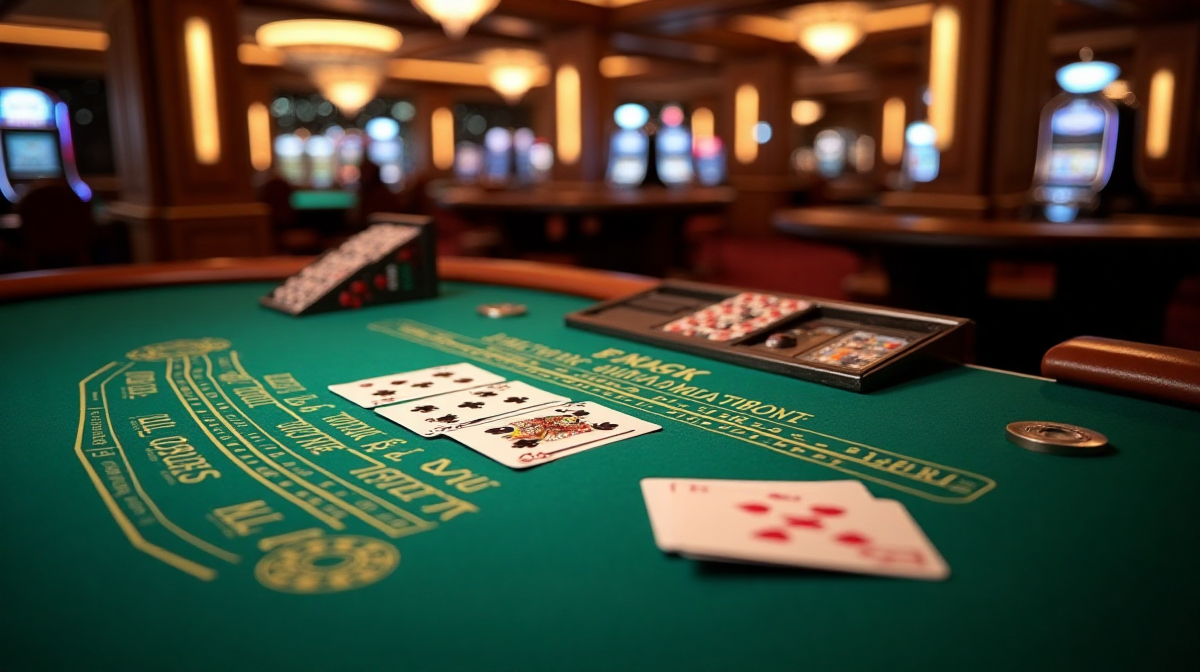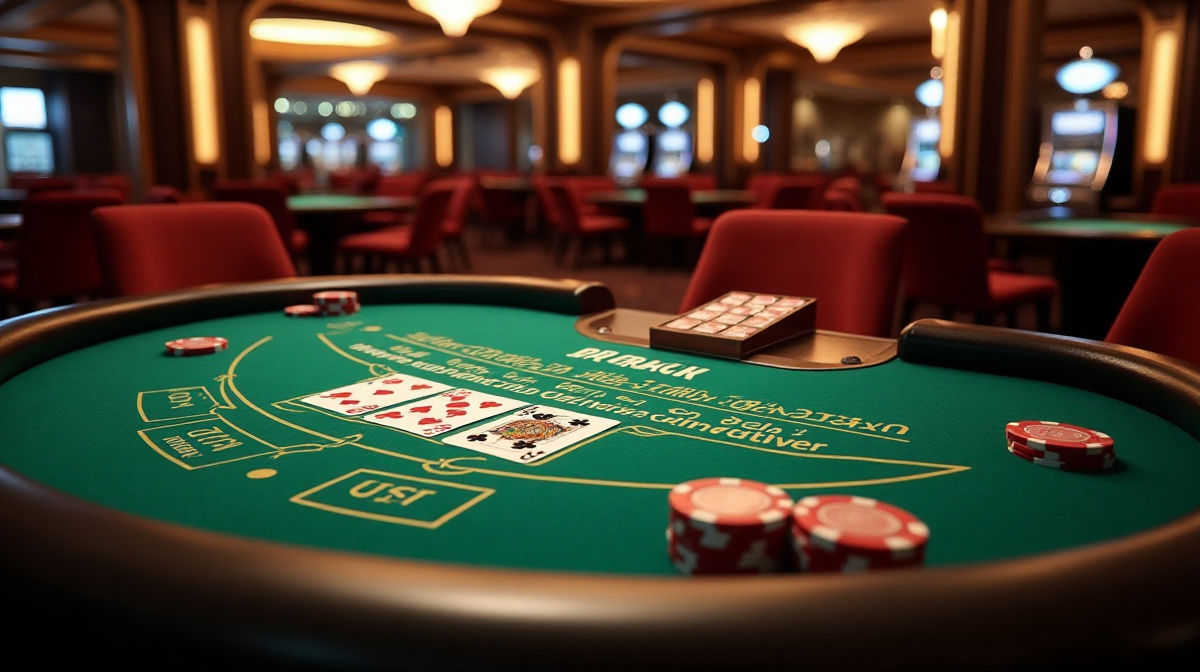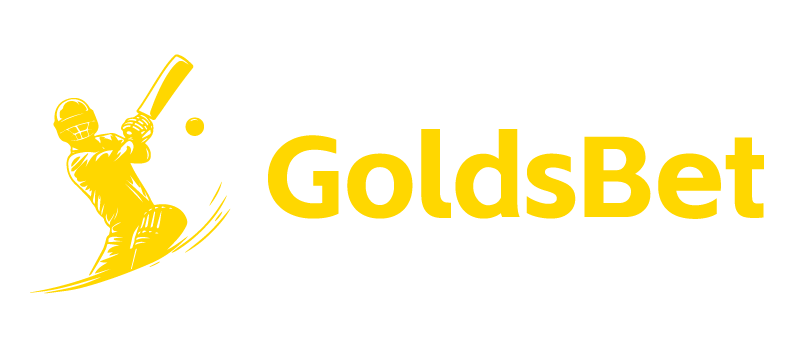Blackjack How To Play: A Beginner’s Guide
Introduction to Blackjack
What is Blackjack? – History & Overview
Blackjack, also known as 21, is one of the most popular casino games in the world. Its origins can be traced back to the 18th century in France, where it was known as “Vingt-et-Un” (twenty-one). The game evolved over time, making its way to the United States and eventually becoming the blackjack we know today. The goal is simple: beat the dealer without exceeding 21. Many platforms like GoldsBet offer a modern way to experience this classic game.
Why is Blackjack Popular? – Odds & Strategy
Blackjack’s enduring appeal lies in its unique combination of luck and skill. Unlike purely chance-based games, blackjack allows players to influence their odds through strategic decision-making. With proper strategy, the house edge can be remarkably low, making it an attractive option for those seeking a competitive edge. Understanding blackjack how to play is the first step toward maximizing your chances of winning.
Blackjack Terminology – A Glossary for Beginners
Navigating the blackjack table can be daunting without understanding the key terms. Hit means to request another card. Stand signifies ending your turn. Bust occurs when your hand exceeds 21. The Dealer is the casino representative, and their Hole Card is the face-down card dealt to them. Familiarizing yourself with this vocabulary is crucial before diving into the game, especially if exploring options like goldsbet offers.

The Basic Rules of Blackjack
Objective of the Game – Getting Closer to 21
The primary objective in blackjack is to achieve a hand total closer to 21 than the dealer, without going over. Each card holds a specific value, and your aim is to strategically combine cards to reach this target.
Card Values – How Cards are Scored
Cards are valued as follows: number cards (2-10) are worth their face value. Jack, Queen, and King are each worth 10. An Ace can be worth either 1 or 11, depending on which value benefits the hand most.
Gameplay Flow – A Step-by-Step Guide to a Hand
A typical hand begins with players placing their bets. Each player and the dealer receive two cards. Players take turns acting on their hands, deciding whether to hit, stand, double down, or split (explained later). The dealer then reveals their hole card and plays according to a fixed set of rules.
The Dealer's Rules – When They Hit & Stand
Dealers generally follow strict rules. They typically must hit if their hand totals 16 or less and stand on 17 or more. This standardized approach ensures fairness and consistency in gameplay.
Blackjack Gameplay: Actions You Can Take
Hit – Taking Another Card
Choosing to hit means requesting another card from the dealer in hopes of improving your hand.
Stand – Ending Your Turn
When you stand, you indicate that you're satisfied with your hand and don't want any more cards.
Double Down – Increasing Your Bet
Doubling down allows you to increase your initial bet by 100%, but you only receive one additional card. This is a strategic move best used in favorable situations.
Split – Playing Two Separate Hands
If you're dealt a pair (two cards of the same rank), you can split them into two separate hands, each requiring an additional bet equal to your original wager.
Surrender – Folding Your Hand
Some casinos offer the option to surrender, allowing you to forfeit your hand and receive half of your bet back.
Insurance – Protecting Against Dealer Blackjack
Insurance is a side bet offered when the dealer's upcard is an Ace. It protects you against the dealer having blackjack, but statistically, it’s rarely a profitable bet. Finding resources about blackjack how to play will often advise against taking insurance.
Understanding Blackjack Payouts & Odds
Winning Hand Payouts – Standard Blackjack Win
A standard winning hand pays out 1:1 – for every dollar bet, you win one dollar.
Blackjack Payout – The Best Possible Hand
A blackjack (an Ace and a 10-value card) typically pays out 3:2, offering a higher reward. Many enjoy trying to achieve this hand on platforms like GoldsBet.
Busting – Losing Your Bet
If your hand exceeds 21, you bust and automatically lose your bet.
Push – Tie and Returned Bet
A “push” occurs when you and the dealer have the same hand total. In this case, your bet is returned.
House Edge – What it is and how it affects your chances
The house edge represents the casino's advantage in any given game. In blackjack, the house edge can be minimized with proper basic strategy.
Basic Blackjack Strategy – Improving Your Odds
What is Basic Strategy? – A Chart-Based Approach
Basic strategy is a mathematically derived set of rules that tells you the optimal action to take in every possible situation, based on your hand and the dealer’s upcard.
When to Hit – Based on Your Hand and Dealer’s Upcard
Generally, you should hit if your hand is 11 or less, or if your hand is 12-16 and the dealer’s upcard is 7 or higher.
When to Stand – Based on Your Hand and Dealer’s Upcard
You should stand on 17 or more, or if your hand is 12-16 and the dealer’s upcard is 2-6.
When to Double Down – Optimal Situations
Double down when you have a hand of 11, or when you have 10 against a dealer's upcard of 9 or less.
When to Split – Pairs That Should Be Split
Always split Aces and 8s. Avoid splitting 10s.
Finding Basic Strategy Charts – Online Resources & Guides
Numerous online resources provide basic strategy charts. Understanding and utilizing these charts significantly improves your odds. Even exploring older versions, like researching a goldsbet old version download to see historical game variations, can reinforce your understanding of core principles. A blackjack cheat sheet can be a great quick reference.

Advanced Blackjack Tips & Considerations
Bankroll Management – Playing Responsibly
Set a budget before you start playing and stick to it. Never bet more than you can afford to lose.
Reading the Table – Observing Gameplay
Pay attention to the flow of the game and the betting patterns of other players.
Different Blackjack Variations – Brief Overview
Various blackjack variations exist, such as Spanish 21 and Pontoon, each with its own unique rules.
Counting Cards
Card counting is a complex technique that can give players an edge, but it's often frowned upon by casinos.
Etiquette – Proper Behavior at the Blackjack Table
Be respectful of the dealer and other players. Avoid giving unsolicited advice.
Practice & Resources
Online Blackjack Games – Free & Real Money Options
Many websites offer free blackjack games for practice. GoldsBet and other platforms also provide real-money options for those ready to play for stakes.
Useful Websites and Apps – For Learning & Practice
Numerous websites and apps are dedicated to teaching blackjack strategy and providing practice games.
Further Learning – Books, Articles & Experts
Expand your knowledge by reading books, articles, and learning from blackjack experts.

